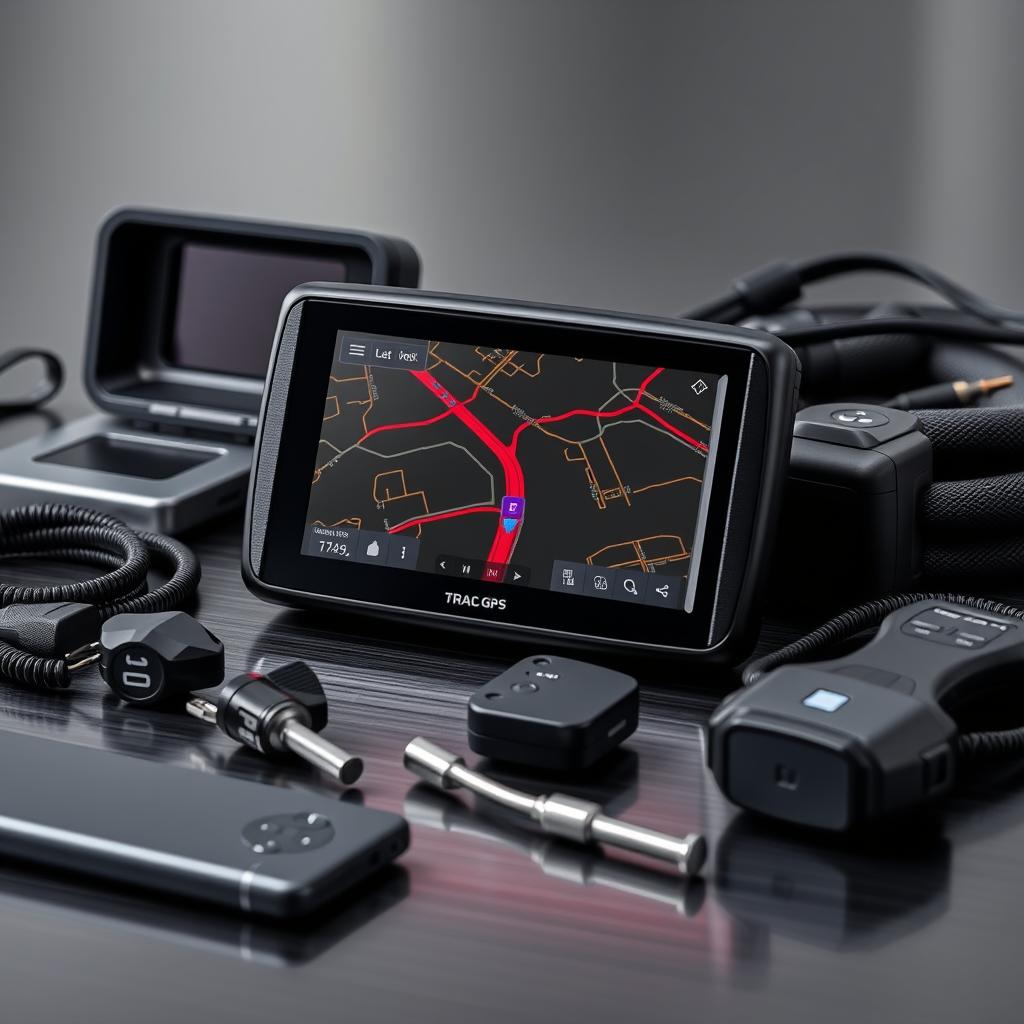Professional Truck GPS Systems: Complete Comparison
In today’s fast-paced trucking industry, having reliable american truck gps navigation systems isn’t just a luxury – it’s an absolute necessity. Whether you’re an independent operator or managing a fleet, choosing the right GPS system can make the difference between smooth sailing and costly detours. This comprehensive guide will help you navigate through the top professional truck GPS options available in the market, ensuring you make an informed decision for your specific needs.
Understanding Professional Truck GPS Systems
——————————————
Professional truck GPS systems are fundamentally different from standard car navigation devices. These specialized units are designed specifically for commercial trucks, taking into account factors like vehicle height, weight restrictions, bridge clearances, and hazmat routes. They provide essential features that regular GPS units simply can’t match, making them indispensable tools for professional drivers.
Key Features that Set Truck GPS Apart:
– Custom routing based on truck specifications
– Bridge height and weight restriction alerts
– Truck-specific points of interest (POIs)
– Real-time traffic updates and rerouting
– Hours of Service (HOS) logging capabilities
– Fuel station locations with truck accessibility
Top Professional Truck GPS Systems of 2024
—————————————-
Let’s dive into the leading contenders in the market and what makes each one unique.
1. Garmin dezl OTR Series
The Garmin dezl series stands out as one of the most reliable options in the market. Offering models with screen sizes ranging from 7 to 10 inches, these units provide exceptional clarity and ease of use.
Pros:
– Highly accurate truck routing
– Excellent build quality
– Custom truck routing
– Built-in dash cam options
– Lifetime map updates
– User-friendly interface
Cons:
– Premium pricing
– Some models require subscription for certain features
– Larger units can be bulky
2. Rand McNally TND Series
Rand McNally has been a trusted name in navigation for decades, and their TND series continues this legacy with modern technology.
Pros:
– Comprehensive truck routing
– Competitive pricing
– Regular software updates
– Advanced weather notifications
– Fuel logging capabilities
– Driver assistance features
Cons:
– Screen resolution could be better
– Occasional slow performance
– Limited bluetooth connectivity
Essential Features to Consider
—————————–
When evaluating truck GPS systems, certain features should be at the top of your priority list:
1. Routing Capabilities
– Truck-specific routing based on vehicle dimensions
– Alternative route suggestions
– Real-time traffic updates
– Custom route planning
2. Display and Interface
– Screen size and visibility
– Night mode functionality
– Glare resistance
– Touch sensitivity
– Voice command capabilities
3. Additional Features
– Trip logging and reporting
– Fuel logging and optimization
– Driver assistance features
– Integration with other systems
Cost Analysis and ROI
——————–
Investing in a professional truck GPS system requires careful consideration of both upfront costs and long-term value. Here’s a breakdown of what to expect:
Initial Investment:
– Basic models: $300-$500
– Mid-range units: $500-$800
– Premium systems: $800-$1,200+
Long-term Costs:
– Subscription fees (if applicable)
– Map updates
– Maintenance and repairs
– Possible replacement costs
Return on Investment Factors:
– Fuel savings through optimized routing
– Reduced out-of-route miles
– Lower risk of bridge strikes
– Improved delivery times
– Decreased driver stress
Integration and Connectivity
—————————
Modern truck GPS systems offer various integration options with other technologies:
1. ELD Compliance
Many units now include electronic logging device capabilities, helping maintain compliance with federal regulations.
2. Fleet Management Integration
– Real-time vehicle tracking
– Performance monitoring
– Communication systems
– Maintenance scheduling
3. Mobile Device Connectivity
– Smartphone synchronization
– Cloud-based data backup
– Real-time updates
– Remote access capabilities
Tips for Maximum Efficiency
————————–
To get the most out of your truck GPS system:
1. Regular Updates
– Keep software current
– Update maps regularly
– Check for firmware updates
– Maintain subscription services
2. Proper Installation
– Mount in an easily visible location
– Ensure proper power connection
– Consider professional installation
– Test all features thoroughly
3. Driver Training
– Familiarize with all features
– Practice voice commands
– Understand alert systems
– Learn shortcut functions
Future Trends in Truck GPS Technology
———————————–
The future of truck GPS systems looks promising with several emerging technologies:
1. Advanced Integration
– Artificial Intelligence routing
– Predictive maintenance
– Advanced weather integration
– Enhanced real-time traffic
2. Improved Safety Features
– Advanced collision warning
– Lane departure alerts
– Driver fatigue monitoring
– Enhanced night vision
Conclusion
———-
Selecting the right professional truck GPS system is crucial for modern trucking operations. Whether you’re an independent operator or managing a fleet, investing in a quality system can significantly improve efficiency, safety, and bottom-line results.
Consider your specific needs, budget, and long-term goals when making your selection. Remember that the initial investment in a quality system often pays for itself through improved routing, reduced fuel costs, and avoided mishaps.
Ready to upgrade your navigation system? Contact our team of experts today for personalized recommendations and professional installation services. Don’t let outdated navigation technology hold your business back – make the smart choice for your future success.
Take the first step toward optimizing your operations by reaching out to us today. Our experienced team is ready to help you choose and implement the perfect truck GPS solution for your specific needs.







